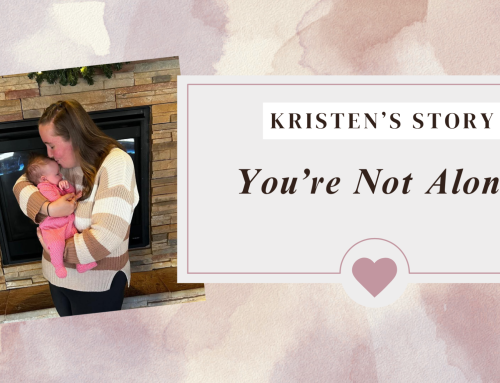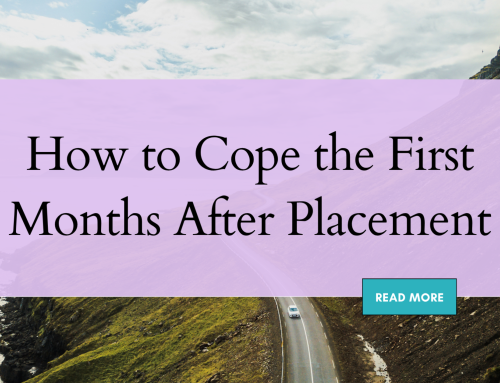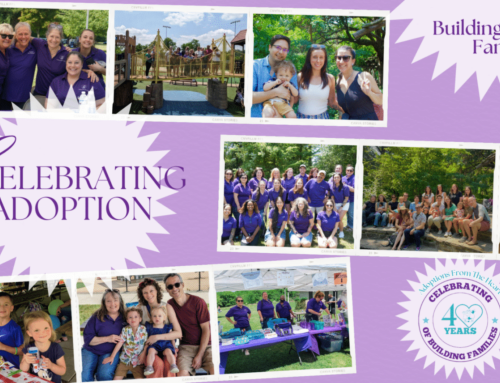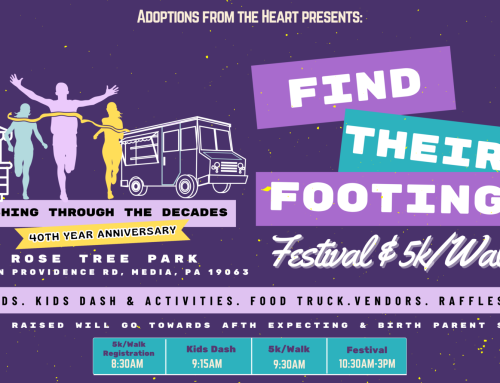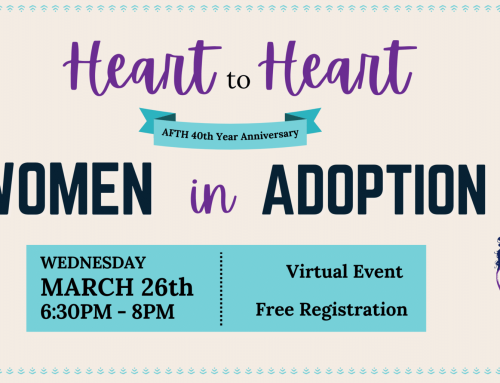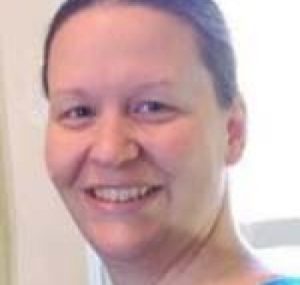 Meet Kristy Hartley-Galbraith, AFTH’s Marketing and Communications Director. Her transracial adoption journey helped her broaden her horizons on the perspectives of the adoption triad.
Meet Kristy Hartley-Galbraith, AFTH’s Marketing and Communications Director. Her transracial adoption journey helped her broaden her horizons on the perspectives of the adoption triad.
What motivated you and your husband to pursue open adoption?
At the time during which we began our adoption journey, I had over 10 years of experience in the field of adoption. During my time working in the world of adoption, I saw for myself how harmful closed adoptions could be for both adoptees and birth parents. Open adoption not only allows my daughter to know her roots, but also the foundation to have a relationship with her birth family. It’s about having information and establishing a relationship between my daughter and her birth family that one day she will be able to take over and choose if and how she continues it.
Have you come across any disappointments/challenges/obstacles during the adoption process?
Absolutely. I think that every person going through the adoption process will have ups and downs along the way. For us, the wait wasn’t the challenge, though I know that can be the hardest part of the journey for many people. For us, the first disappointment came went we found out that a birth mother who did not really want to have an open adoption due to her personal situation. Openness was extremely important to my husband and I after listening to the many voices of adoptees and birth parents over the years. We thought about her baby and how not having an open adoption might add to the loss they experience through adoption. But we also wanted to honor our daughter’s birth mother’s wishes and follow her lead, so we left the door open with an invitation for contact anytime she was ready.
In time, she decided to open things up more and more, which became a great joy to us. We experienced other bumps along the way too; however, we leaned on our social workers. It’s important to not only focus on your experience as adoptive parents, but to also think about the experience of the expecting and birth parents as well as your child’s. That was a focal point that got us through every challenge and gave us a much deeper perspective about adoption; it wasn’t just about us.
What is you and your family’s relationship with Regan’s birth mother?
It is an honor that Regan’s birth mother and her birth grandmother are involved in her life. We text regularly and visit when they are open and available to do so. It was important for us to create a private Facebook page where we share photos and videos easily and write messages to each other which we one day hope to share with Regan when she is older. They even came to her 1st birthday party and celebrated together, which was really special.
We know things in open adoption can ebb and flow over time and we are being flexible and moving with the changes. During brief times of silence, we keep the door open and remain hopeful that communication will resume.
How does open adoption influence your family dynamic, if it does?
We have two biological sons in addition to Regan, who came to our family through transracial and open adoption. Conversations about adoption and race are common among our children. We want to make sure that they feel comfortable talking to us about anything. It’s also important that we allow Regan to have a safe space to be able to feel ALL the feelings she may have about being adopted. She may feel happy to be a part of our family while also wishing at times that she never had to experience the loss of her birth family. We just want her to know that any feeling she is having is OK and we are there not to just take it away but to be there beside her as she works through it.
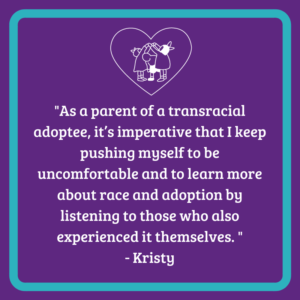 What message would you like to send those considering open adoption?
What message would you like to send those considering open adoption?
To anyone considering adoption in general, I would encourage them to look at the benefits of open adoption. It’s not always an easy road and it ebbs and flows over time; there are also great joys and deep sorrows in any adoption journey. I would also explain the importance of listening to the stories of adoptees and birth parents. It’s important to acknowledge the loss that comes with adoption and not just have it tucked away. Know better, do better is a great mantra. As a parent of a transracial adoptee, it’s imperative that I keep pushing myself to be uncomfortable and to learn more about race and adoption by listening to those who also experienced it themselves. And then to take that information and do better for the sake of my child.
Thank you for sharing your adoption journey with me, Kristy

